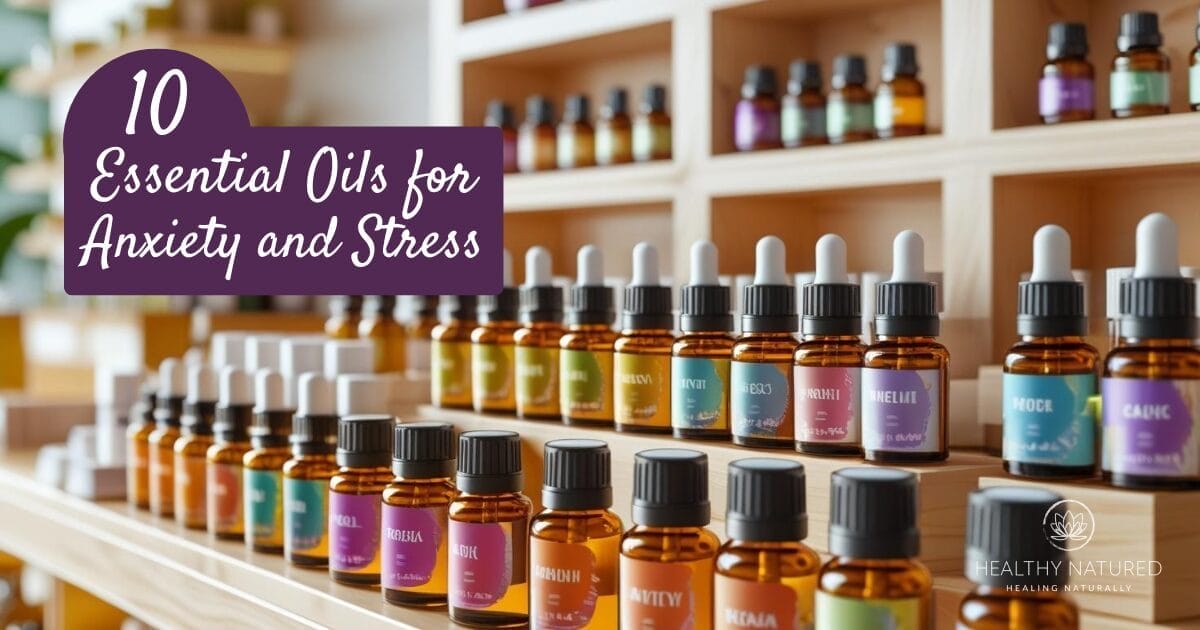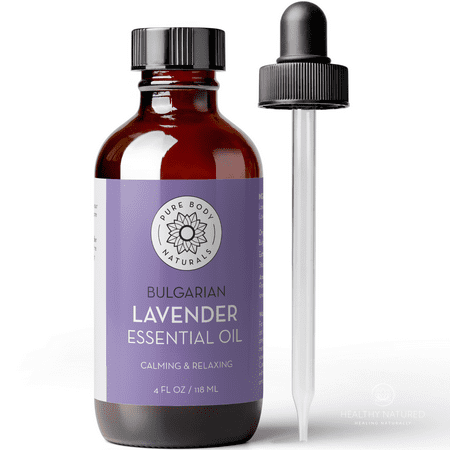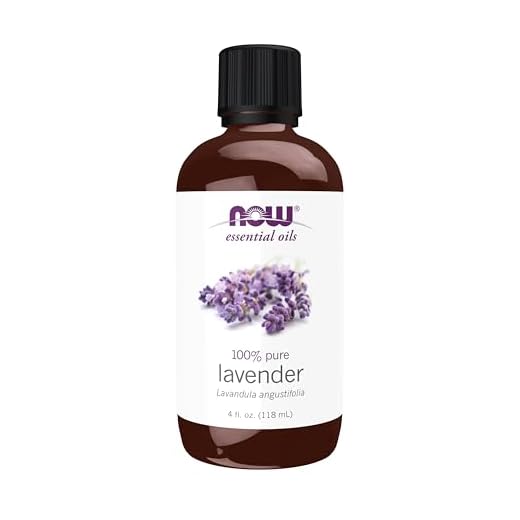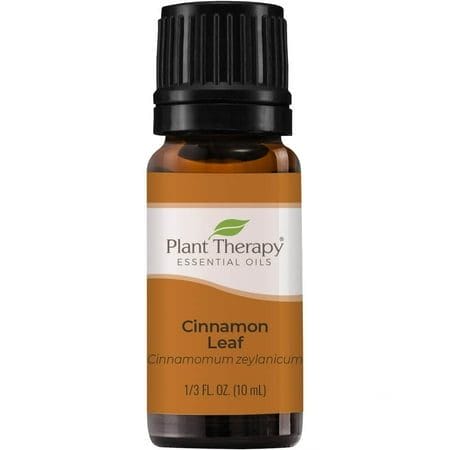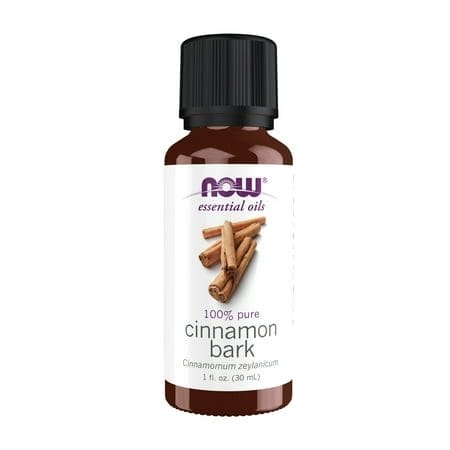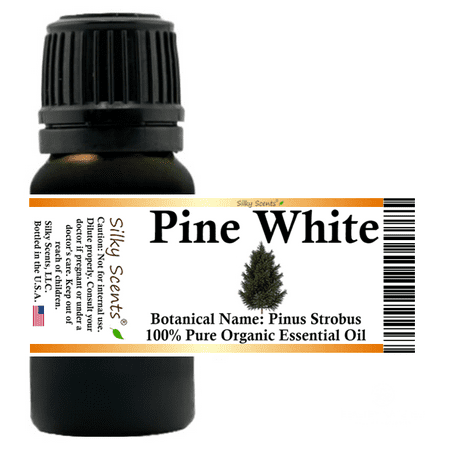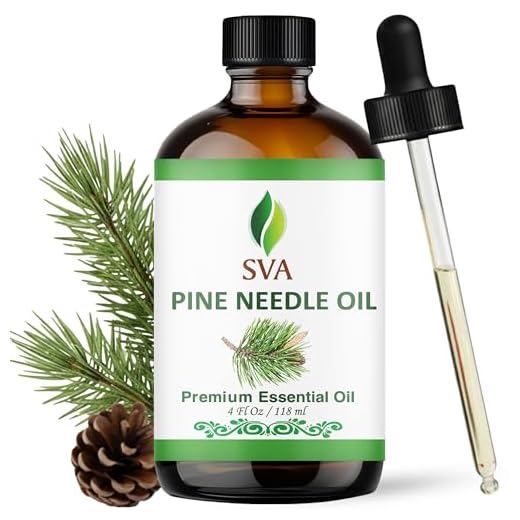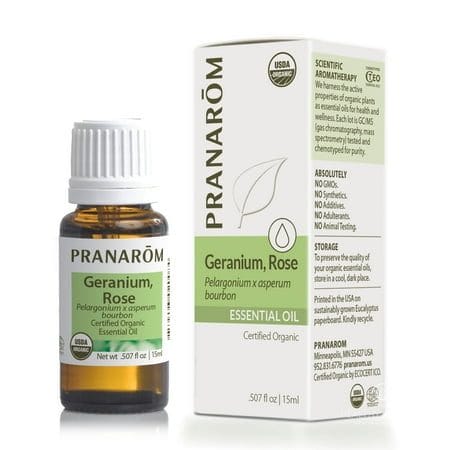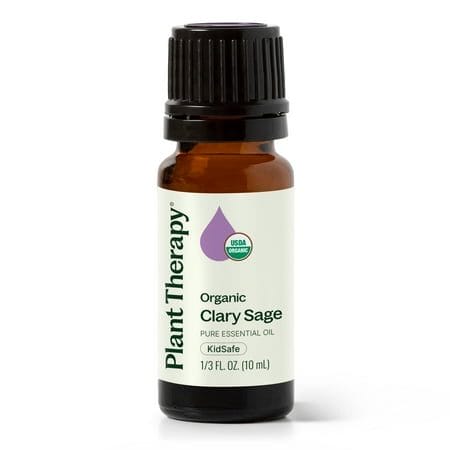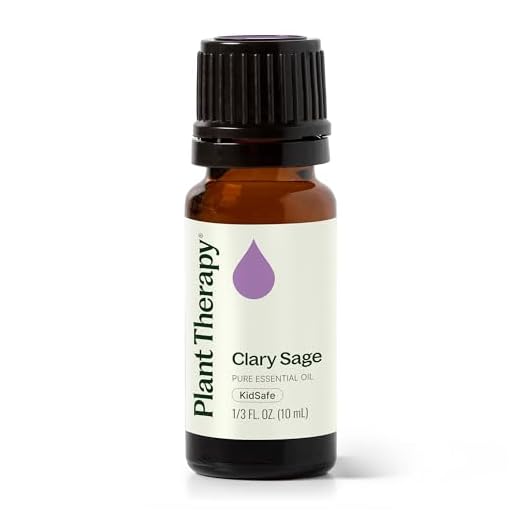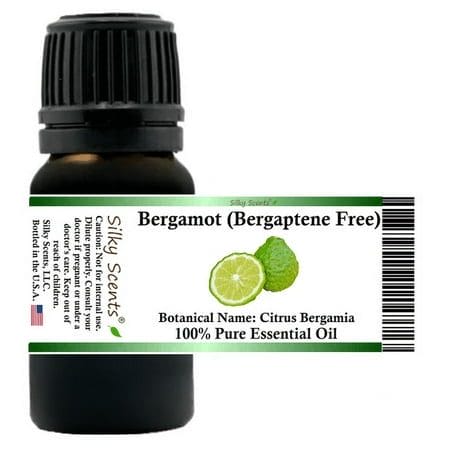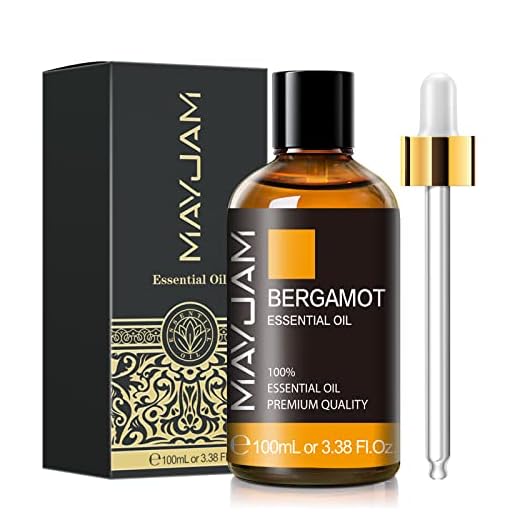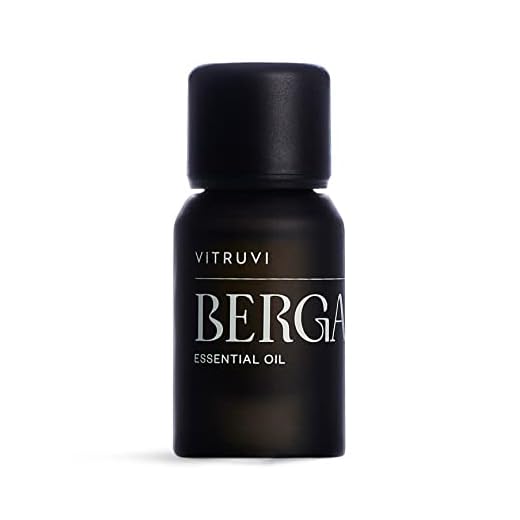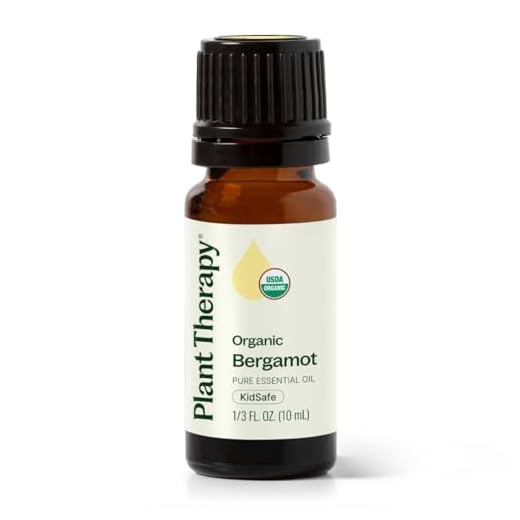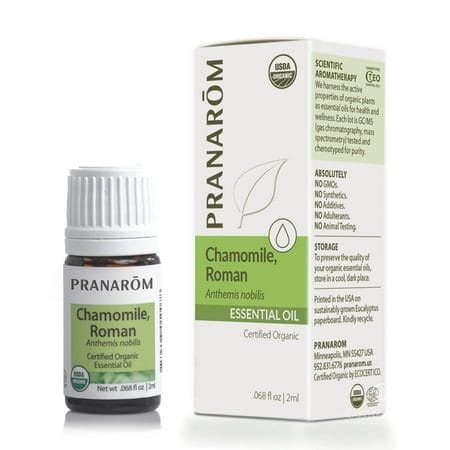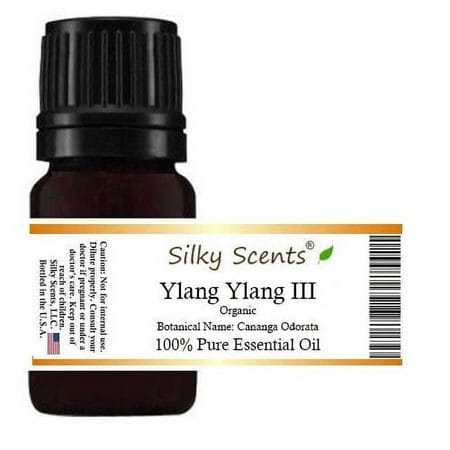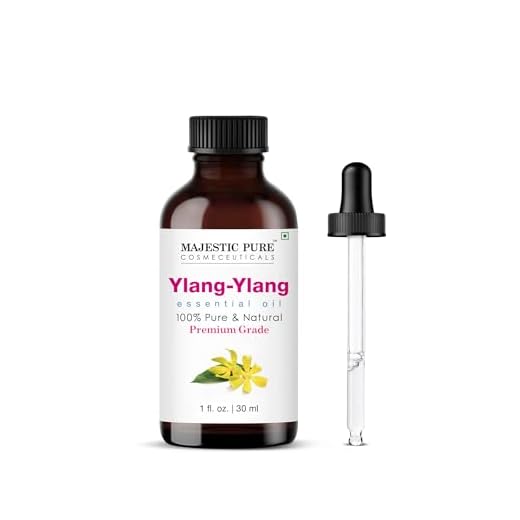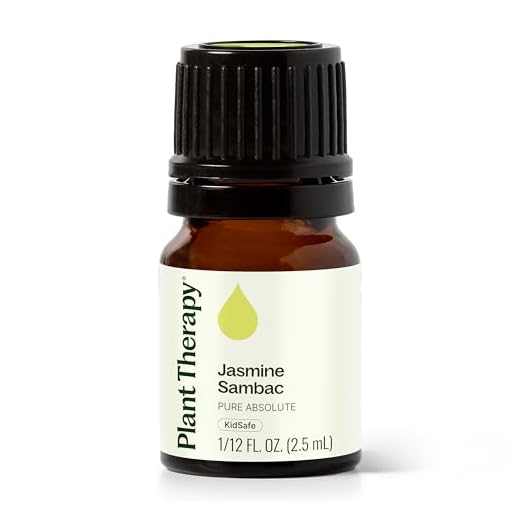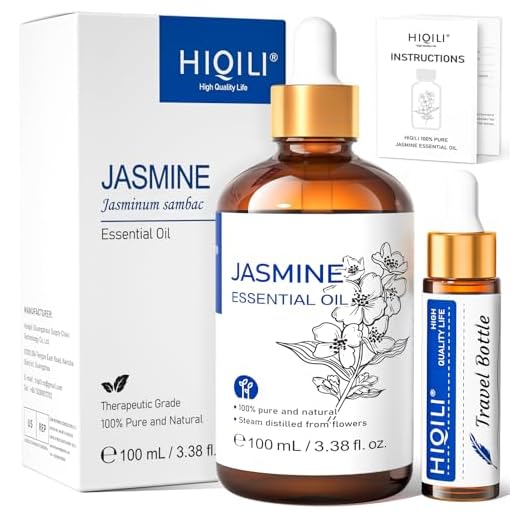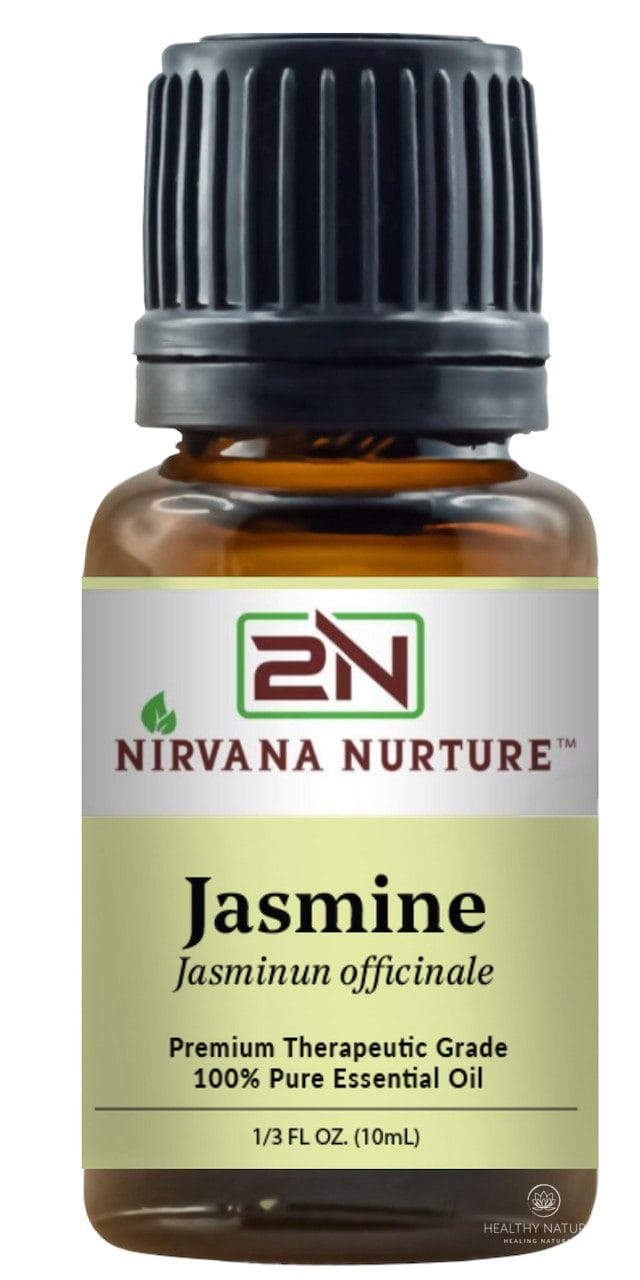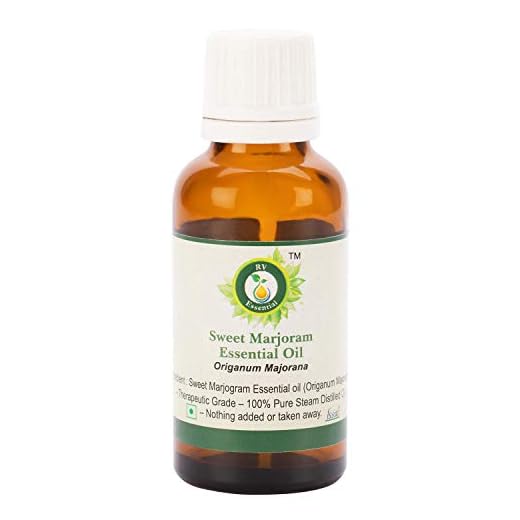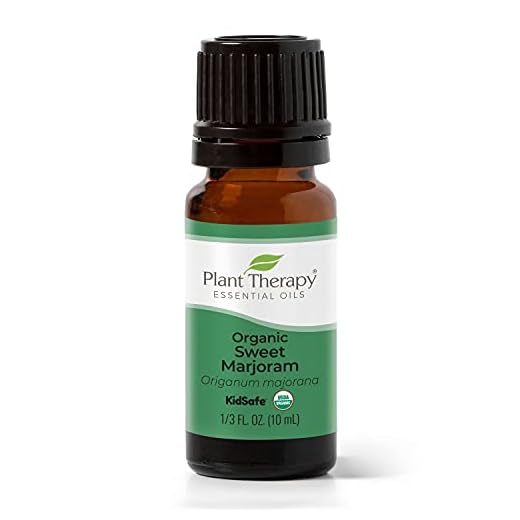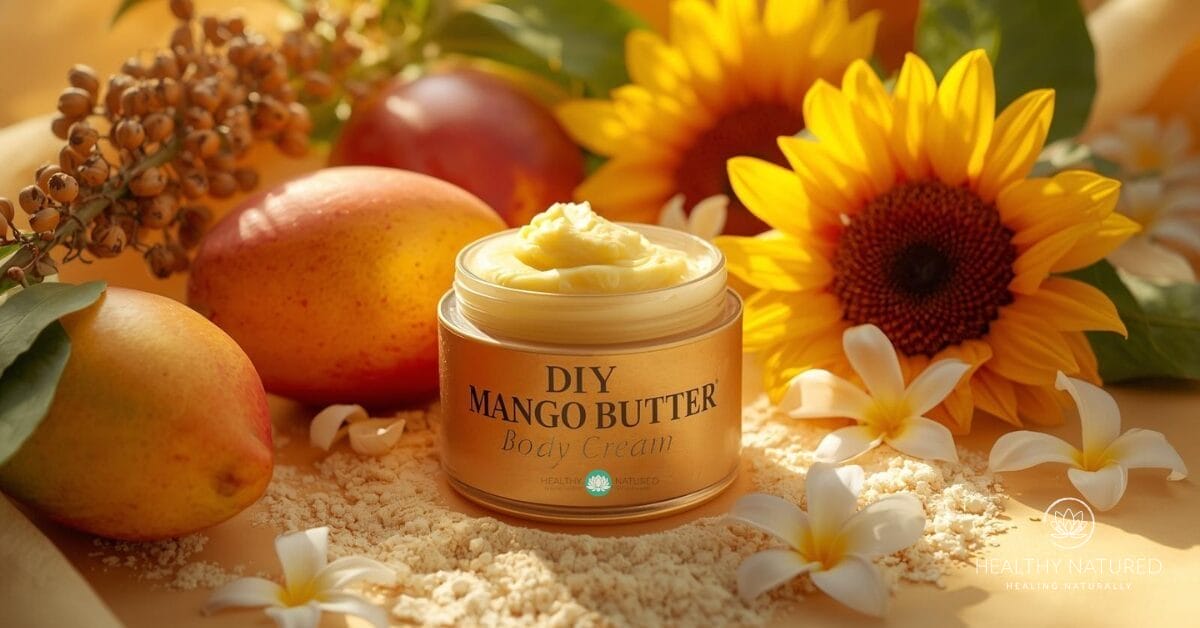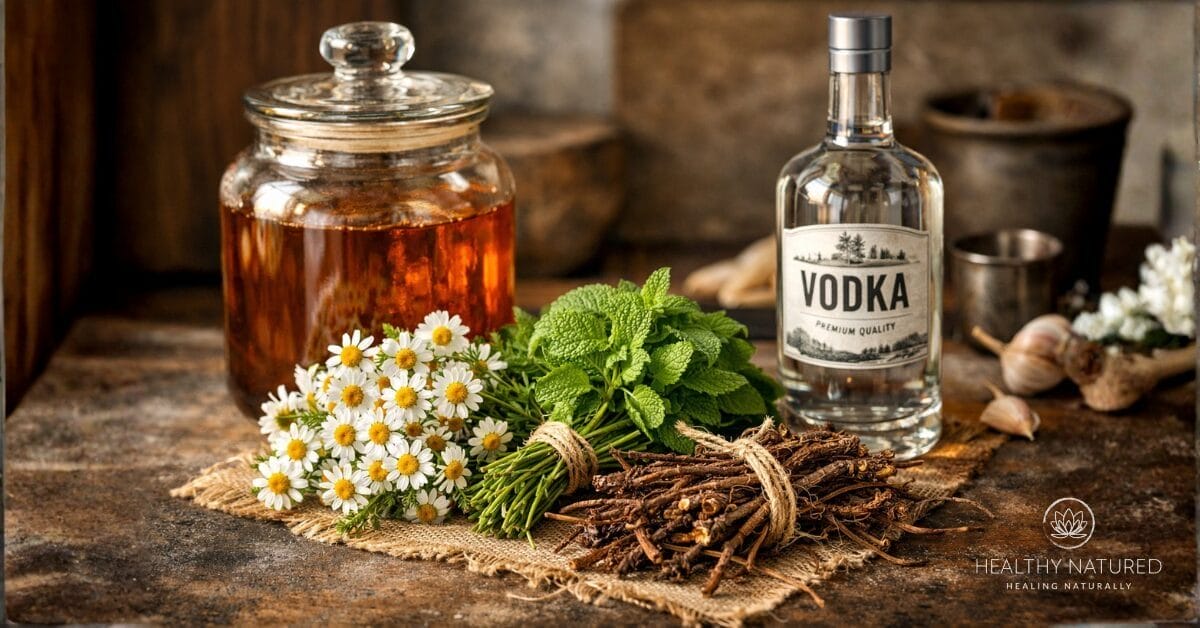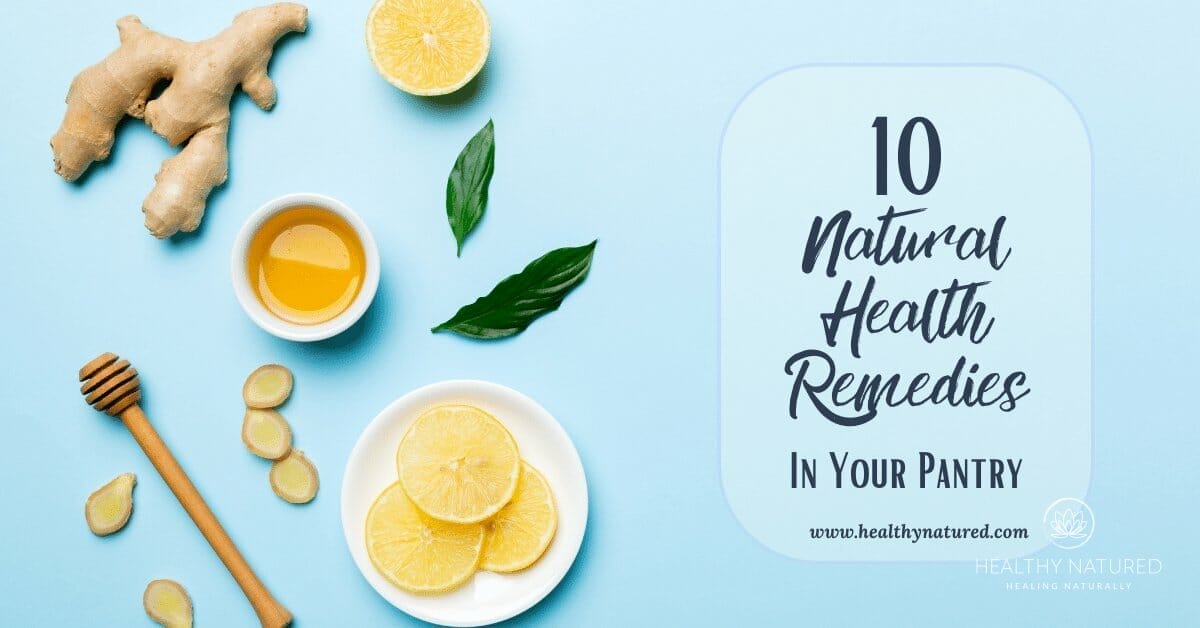- How Essential Oils Address Stress and Anxiety
- The Science Behind Essential Oils for Anxiety Relief
- The Best Essential Oils for Anxiety and Stress
- 3. Pine
- 4. Rose Geranium
- 5. Clary Sage Oils Help With Anxiety.
- 6. Bergamot - To Find Calm
- 7. Chamomile
- 8. Ylang-Ylang
- 9. Jasmine
- 10. Majoram
- Practical Benefits and Effects of Aromatherapy
- Safety Measures and Contraindications
- Helpful Resources and Next Steps for Aromatherapy Oils
- Conclusion
- FAQ
Imagine coming home after a stressful day, your nerves on edge and your mind racing. What if there were a natural way to help you unwind—a simple, aromatic ritual that could ease anxiety and steady your emotions right in your own space? With more people searching for holistic remedies and alternatives to traditional stress relief, essential oils have become a promising option for calming both mind and body.
Thanks to the surprisingly powerful connection between scent and mood, these concentrated plant extracts are gaining science-backed attention as tools for managing anxiety and everyday stress. In this article, you’ll discover how essential oils for anxiety and stress actually work, which ones can make a real difference, and practical steps to use them safely and effectively. Ready to explore how these natural aromas might help you find more peace and balance? Let’s dive in.
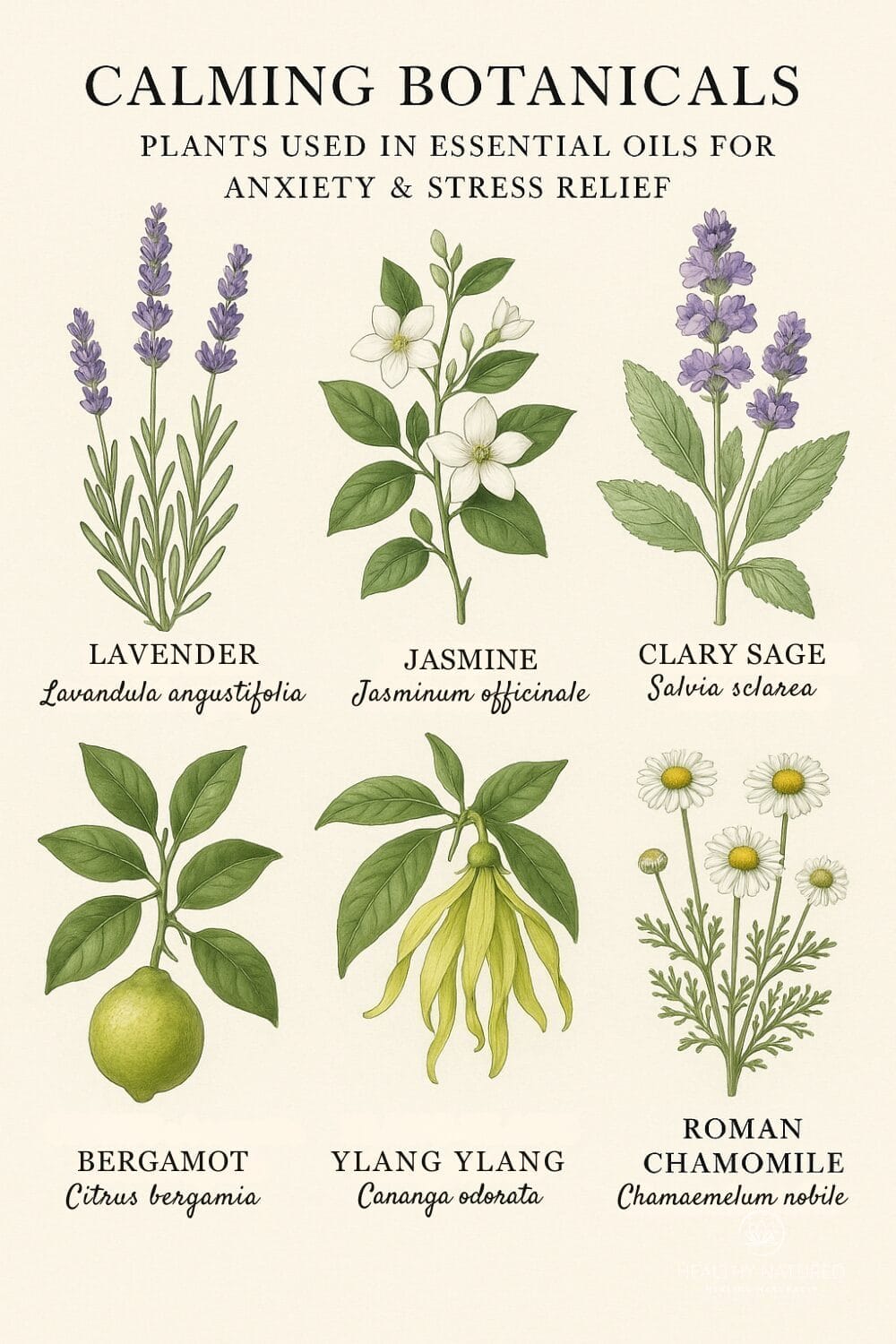
How Essential Oils Address Stress and Anxiety
Essential oils for anxiety and stress have become increasingly popular as more people seek natural remedies to manage emotional well-being. These concentrated plant extracts—such as lavender oil, chamomile oil, and bergamot—have been used for centuries in traditional medicine and holistic therapies.
Many individuals are now turning to holistic and alternative approaches, such as aromatherapy, for effective stress relief and to address symptoms of anxiety. The appeal lies in their gentle, non-invasive nature and the growing body of research supporting their beneficial effects on mental health.
Scent plays a central role in how essential oil works for calming the mind and body. When you inhale the soothing fragrance of an oil such as lavender or clary sage, nerve signals travel directly to the limbic system, the area of the brain that manages emotions and memory. This connection helps evoke calming effects, ease anxious feelings, and promote a sense of tranquility.
For those interested in exploring these options for emotional support, you can dive deeper into essential oils for anxiety and stress to discover which oils might work best for you.
Beyond aromatherapy oils, other natural remedies—including herbal teas, mindfulness techniques, and holistic practices—are often blended into a comprehensive approach to stress relief. Taking an integrative route can offer greater psychological flexibility and support overall mental health alongside addressing daily stressors and anxiety triggers.
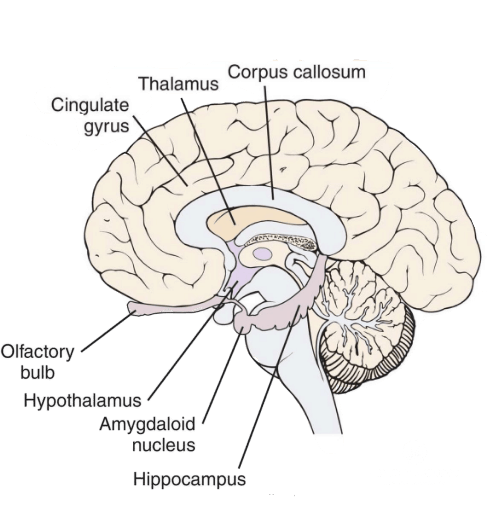
The Science Behind Essential Oils for Anxiety Relief
Essential oils influence anxiety and stress responses primarily through the olfactory processes that directly engage the brain’s limbic system. When you breathe in the aromatic molecules of an essential oil, these compounds are detected by receptors in the nasal cavity. This olfactory input is transmitted rapidly to the limbic system, which governs mood, motivation, and emotional responses—including anxiety and fear.
Aromatherapy leverages this neurobiological pathway to create tangible calming effects by modulating heart rate, blood pressure, and stress hormone levels like cortisol. For an in-depth look at the history and function of aromatherapy, many aromatherapists highlight how this practice evolved alongside interest in alternative medicine for mental well-being.
Clinical studies show that the inhalation or topical use of oils, such as lavender or bergamot, can both reduce anxiety symptoms and influence physiological stress markers. For instance, research indicates that certain essential oils significantly decrease State Anxiety Inventory scores, reflecting reduced anxiety levels in test subjects. Evidence points toward genuine psychobiological effects beyond simple placebo—a crucial distinction for those seeking reliable therapy.
Scientists explain that the efficacy comes from active ingredients within oils—like linalool in lavender oil—which interact with neurotransmitter systems, reducing nervous system hyperactivity and promoting relaxation. At the same time, the pleasant aroma of the oil triggers positive emotional valence, reinforcing a calm mental state.
For those curious about how scent perception translates to emotional effects, you can read more about the olfactory process and its connection to the brain. This scientific bridge between aromatic substances and emotional well-being sets a foundation for why aromatherapy is now recognized as a legitimate complementary treatment for anxiety disorders, stress, and related mental health concerns.
The Best Essential Oils for Anxiety and Stress
When seeking natural remedies for anxiety symptoms and stress relief, certain essential oils stand out for their proven psychological and physiological benefits.
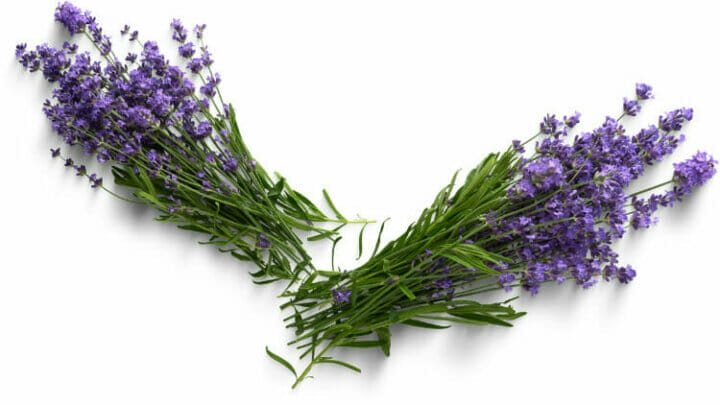
1. Lavender
Lavender Essential Oil is often considered the gold standard for relaxation and sleep support. Multiple studies highlight lavender oil’s calming effects, showing its ability to lower trait anxiety scores, reduce heart rate, and promote restful sleep. A well-cited study confirmed that Lavender essential oil helps reduce anxiety and improves mood. Its effects are almost instant. But less well known is that research shows Lavender essential oil is highly successful for the treatment of insomnia.
A research study, comprising 48 female college students, found Lavender fragrance effective for easing sleep problems and also helped with depression in the participants.
If you experience trouble getting a good nights sleep we encourage you to try this soothing scent.
2. Cinnamon
The active ingredients of cinnamon essential oil, and responsible for its benefits are eugenol, cinnamaldehyde, phellandrene and methyl eugenol.
Research into Cinnamon oil found it has an antispasmodic effect on our physical body. This means it helps us to relax our muscles. It is great to treat aches and sprains. It also soothes rheumatism and arthritis.
Often these muscular aches and pains are associated with stress, and once this stress is released it allows us to become less anxious.
3. Pine
Have you noticed that most people associate Christmas with the scent of pine? Perhaps the reason that pine trees and their aroma makes us more cheerful in the holidays is because research has shown that pine scent1Physiological and Psychological Relaxation Effects of Fir Essential Oil on University Students lowers our levels of anxiety.
A research study in Japan found that those who people who went for a walk through pine forests had significantly lower levels of depression and stress.
The same study found that the subjects who had anxiety were able to remain relaxed for longer periods of time after inhaling the scent of Pine.
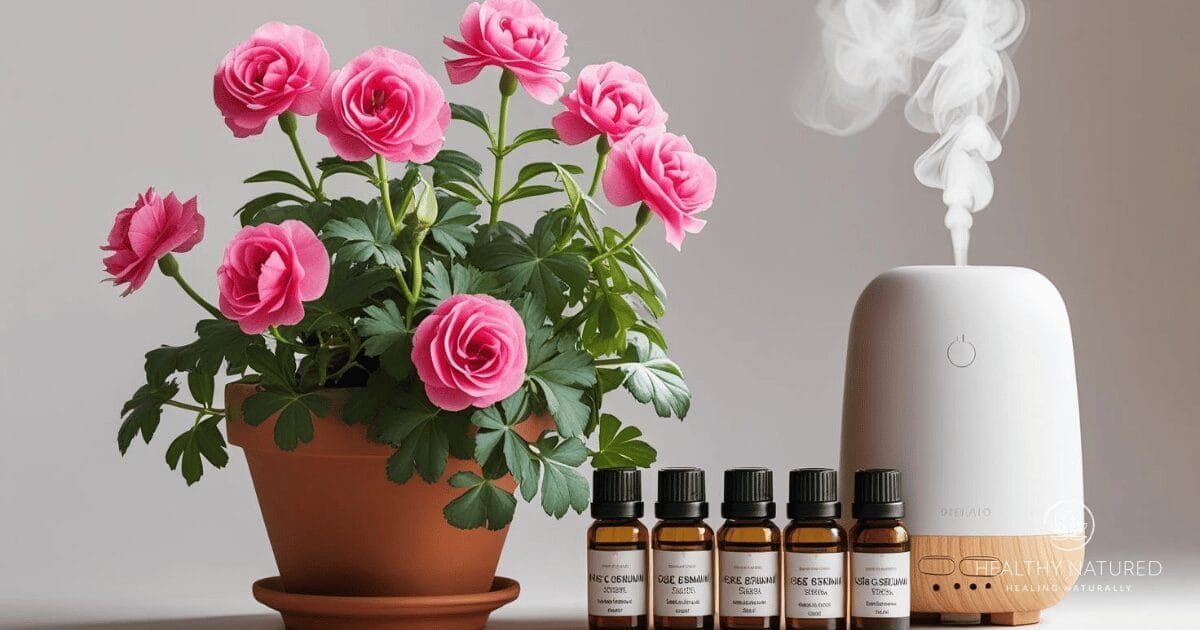
4. Rose Geranium
The Rose Geranium helps relax our entire body. It also has properties that boost mood. A great choice for those that have times when they feel low or down in the dumps. This is one of the essential oils that help to balance hormonal levels. This oil provides a major mood boost and enhances our feelings of relaxation.
The aromas effects are reported to last for a long period of time. This can help you feel calm throughout the day.
Rose Geranium was evaluated in a research study2The Effects of Essential Oils on the Nervous System: A Scoping Review and was shown to soothe the central nervous system. If you are caught up in a cycle of work, stress, and anxiety, the Rose Geranium will help.
It is one of the very best essential oils used for anxiety.
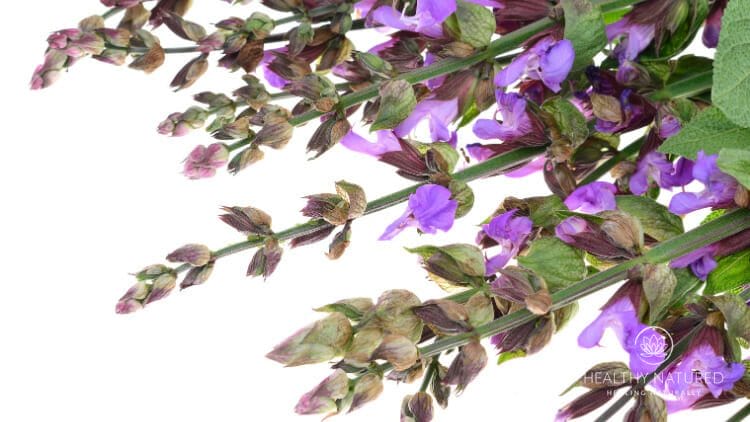
5. Clary Sage Oils Help With Anxiety.
Choose Clary Sage for treating anxiety and stress.
The Korean Academy of Nursing, conducted a study3The effect of aroma inhalation method on stress responses of nursing students which involved inhaling clary sage, lavender, peppermint, and rosemary oils. All 4 oils resulted in lowered levels of anxiety, however Clary Sage had the best results when individuals took part in a stress test.
Clary Sage Essential Oil is renowned for reducing trait anxiety, especially in women experiencing hormonal fluctuations. A notable trial conducted a study on Clary Sage and observed marked decreases in state anxiety inventory scores.
6. Bergamot – To Find Calm
Bergamot essential oil comes from the citrus rind of unripe orange like fruit. Like the other essential oils already listed, it provides a deep state of relaxation and calm. It is also one of the best essential oils to help sleep! Bergamot Essential Oil is favored for both its mood-boosting and calming effects. A clinical trial demonstrated that Bergamot essential oil effectively reduced anxiety responses, making it a popular oil for both home and clinical aromatherapy.
Many individuals find the scent of Bergamot refreshing and helpful for restoring a sense of calm. This essential oil can provide major relief for those suffering long term stress. In another clinical study, Bergamot4Acute effects of bergamot oil on anxiety-related behaviour and corticosterone level in rat was found to be as helpful as diazepam for reducing corticosterone responses to stress and for correcting HPA axis activity.
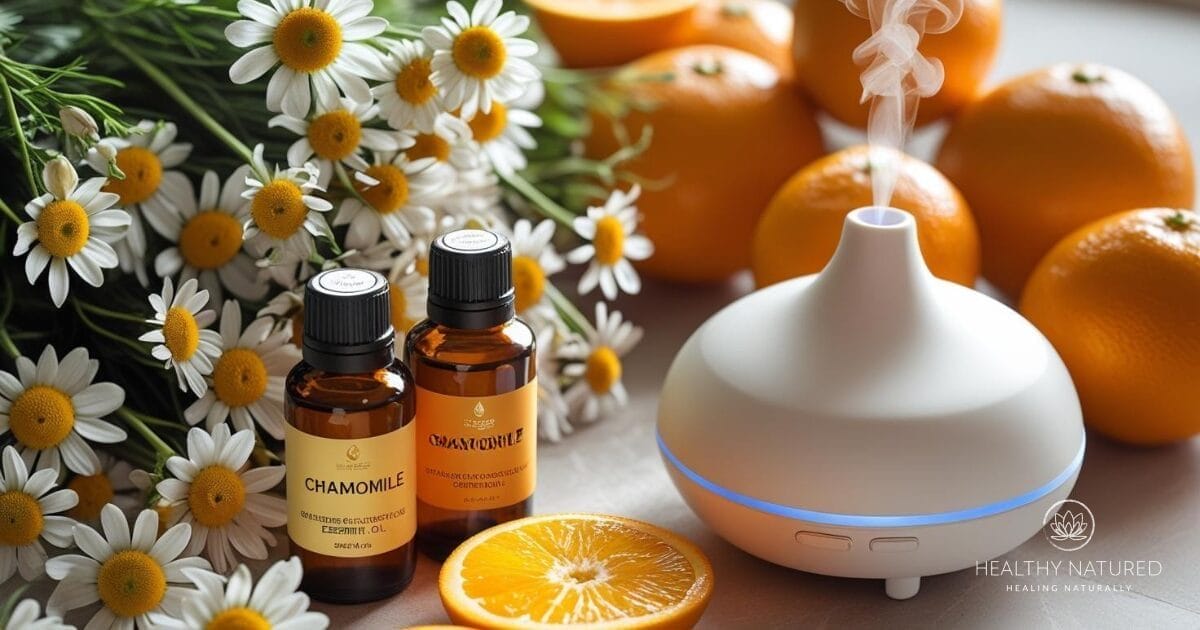
7. Chamomile
Chamomile Essential Oil offers a gentle option for those experiencing restlessness or irritability. Its soothing fragrance has been shown to decrease anxiety levels in various research settings.
Most people know chamomile tea, but may not know the oil is used in aromatherapy to help reduce anxiety. Roman Chamomile essential oil is one of our top mood boosting oils. Diluted chamomile essential oil reduces stress and helps relieve insomnia and muscle tension.
The roman chamomile has been used for over 2000 years and has been used as a treatment for a variety of ailments including vomiting, insomnia, restlessness, and ADD. This is due to the calming effect it has on our body.
8. Ylang-Ylang
Ylang-Ylang Essential Oil provides mood-elevating properties and is recognized for decreasing blood pressure and heart rate. It can be especially helpful during acute stress or heightened anxiety states. Ylang Ylang is a tropical flowering plant and has a sweet fragrance, with the essential oil being extracted from the petals of its star shaped flowers.
It has been shown to help with anxiety and feelings of stress, and is a great choice for those who find the aroma of Jasmine to be overpowering.
Make sure that if choosing Ylang Ylang you get a pure therapeutic brand. There are many synthetics due to the difficulty in obtaining large quantities of the flower.
It is often used as a combination therapy by mixing it with the citrus essential oil bergamot, rose essential oil or sweet orange essential oil.
9. Jasmine
Jasmine Essential Oil is linked not only to mood stabilization but also to relief from depression. A 2010 clinical study found jasmine oil enhanced alertness and displayed anxiolytic properties. The floral scent of Jasmine has serious mood boosting perks. Jasmine created a sense of alertness, and also was able to ease and lower the instances of depressive thought patterns.
Researchers found that the essential oil from jasmine helped relieve depression and also boosted and stabilized mood. A powerful punch from this tiny flower.
Many found Jasmine worked better in massage more than the oil alone, stating if they could add it to their skin the results were outstanding. Just remember never to apply it in its pure state, always dilute it with a carrier oil first.
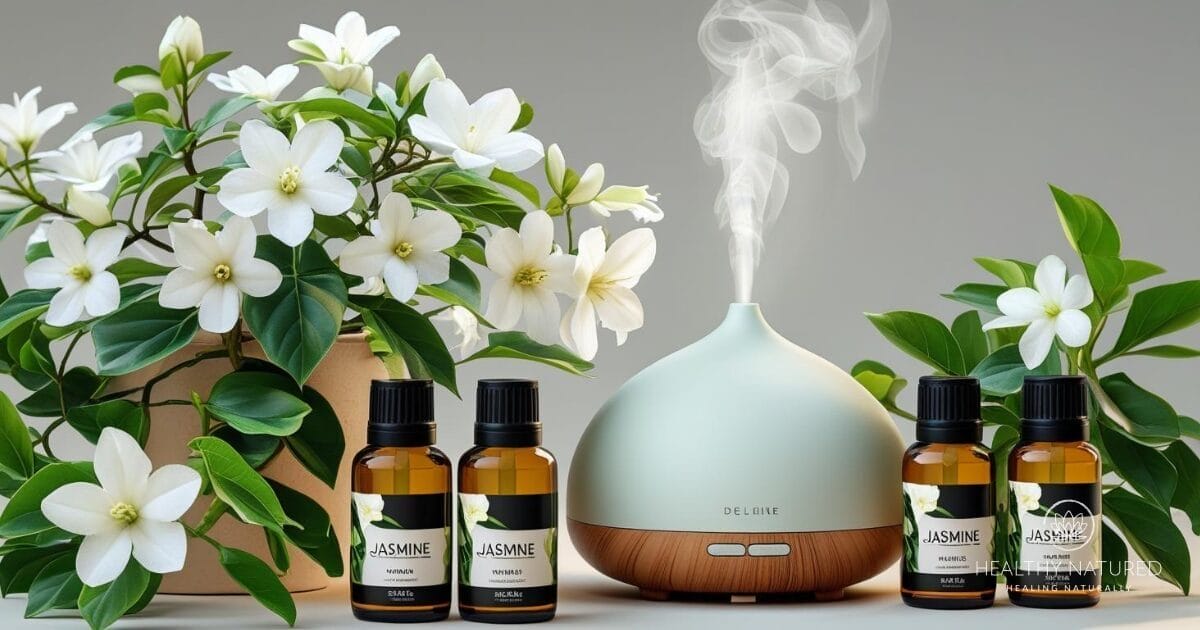
10. Majoram
Marjoram Essential Oil delivers herbal tension relief and mood support, often recommended in blends for a deeper night’s sleep. Sweet Marjoram helps during the menstrual cycle by reducing cramps, improving circulation and elevating mood.
It enables you to enter a deep state of relaxation of both the mind and body and helps battle insomnia so you get a deeper night’s sleep.
Many use sweet marjoram essential oil with other oils such as lavender, bergamot, chamomile and ylang ylang essential oil for an even more powerful effect.
Vetiver Essential Oil is prized for its earthy, grounding aroma which helps stabilize anxious feelings and provides calm during overwhelming thoughts.
Cedarwood Essential Oil encourages tranquility, emotional balance, and is particularly useful for dissipating feelings of dread or excessive worries.
Sweet Orange Essential Oil acts as a natural energizer, helping to counter fatigue and boost positivity during periods of psychological stress. Research on pure citrus essential oils highlights the uplifting and anti-anxiety effects of their zesty scent.
Among other options, Vanilla, as shown in vanilla bean research, can ease mood swings with its sweet, comforting fragrance. Other oils like Peppermint, Lemongrass, Rose, and Pumpkin Pie can complement blends with their distinct aroma and stress-busting qualities.
Together, these essential oils give users a robust set of natural products to help manage daily and chronic anxiety, support emotional states, and encourage calmness in everyday life.
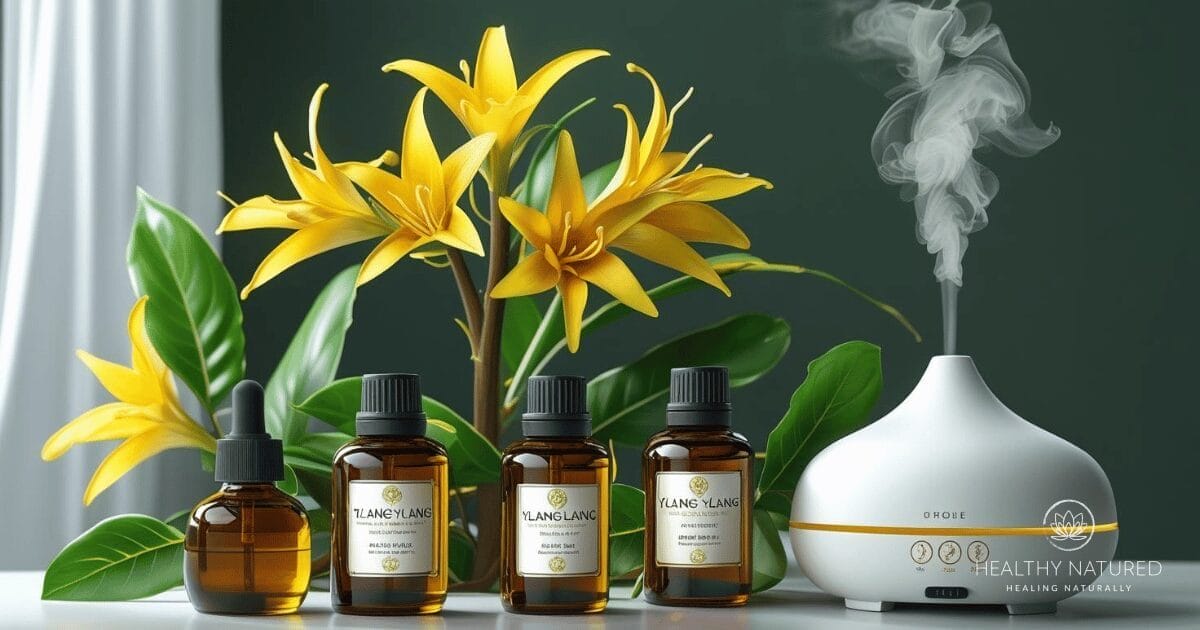
How to Use Essential Oils for Anxiety Safely
Making the most of essential oils for relief of anxiety means understanding how to apply them safely and effectively in your daily routine.
One of the easiest methods is diffusion—using electric diffusers or aroma stones to disperse essential oil molecules into the air. This approach lets you enjoy the calming effects of scent throughout your space, supporting a tranquil atmosphere.
Topical use requires mixing essential oils with carrier oils such as coconut oil, sweet almond oil, or olive oil to prevent skin irritation. Apply diluted blends to common pulse points: wrists, temples, behind ears, or the chest. A safe dilution guideline for adults is typically 1-2 drops of essential oil per teaspoon of carrier oil for anxiety and stress management.
Inhalation is ideal for quick anxiety relief. Add 1-2 drops of oil to a tissue and breathe deeply for several minutes. Aromatherapy baths blend up to 5 drops of oil with a tablespoon of carrier oil before adding to warm bath water—perfect for winding down after stressful experiences.
Massage therapy with essential oils delivers both the relaxing aroma and soothing touch. Consider unique blends: combine Ylang Ylang with Rose for a mood-lifting massage, or pair Marjoram with Lavender for deeper night’s sleep benefits.
Essential oil roll-ons offer portable anxiety relief for on-the-go situations. Look for products with secure, leak-proof containers and always check the ingredient lists for potential irritants.
Choose pure, therapeutic-grade essential oils from reputable sources to avoid synthetic fragrance or adulterated products. Plant therapy essential oils ensures high quality and safety.
Enhance mood by linking certain aromas to positive memories—using aroma-memory associations can make your blend more effective over time.
Always store oils in a cool, dark place to maintain potency, and perform a patch test before wider application, especially if you have sensitive skin.
These safe usage habits help you harness the full therapeutic effect of essential oils for stress and anxiety, making it a practical part of a holistic mental health routine.
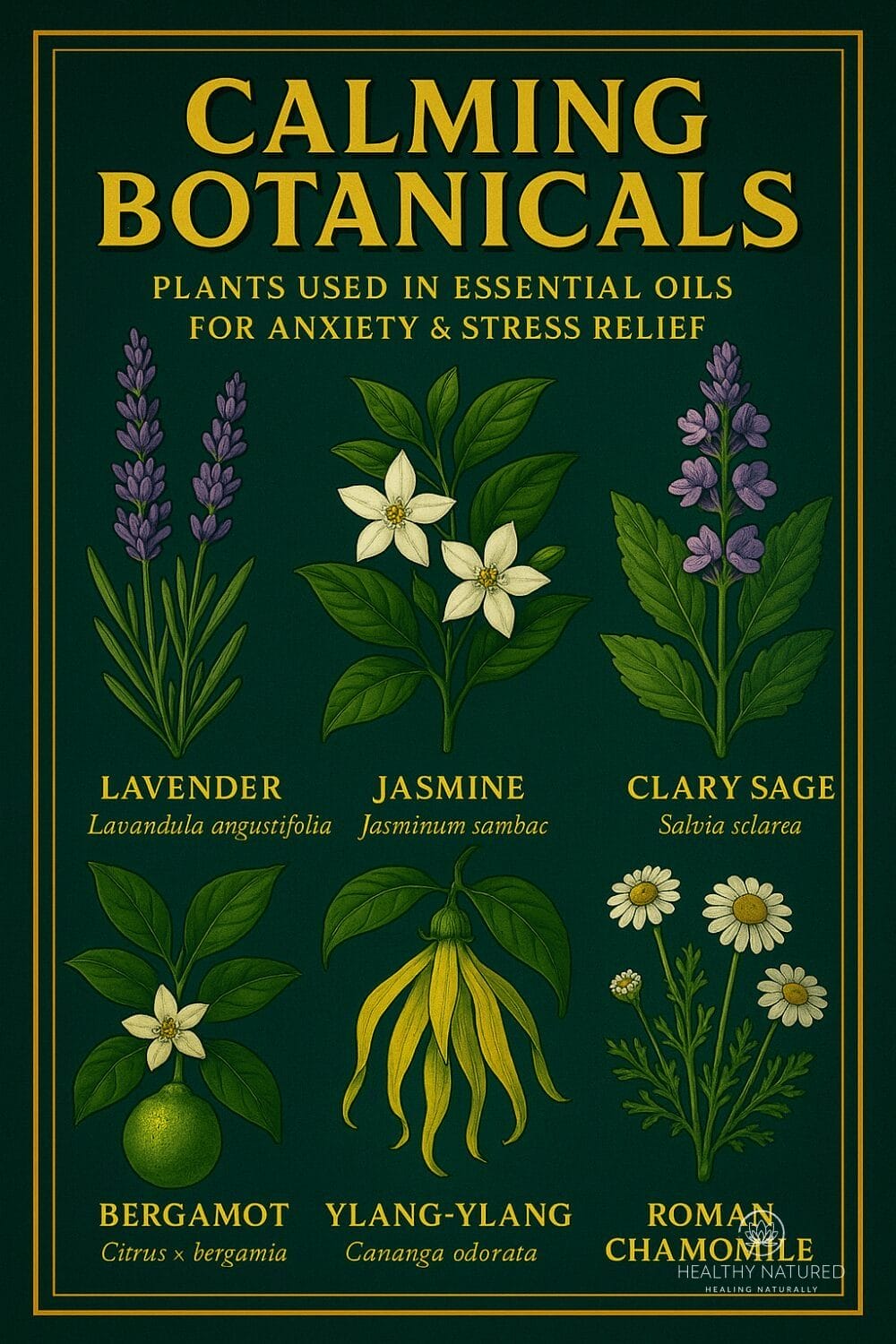
Practical Benefits and Effects of Aromatherapy
Aromatherapy offers a powerful, accessible way to support mental well-being and reclaim emotional balance, especially during times of daily stress and anxiety. When inhaling scents like lavender oil or bergamot, the brain receives calming messages via the olfactory system, often leading to an almost immediate soothing effect.
Many people have reported a sense of peace or motivation after diffusing certain aromatherapy oils at home or in the office. For example, a client experiencing chronic stress shared that incorporating a nightly lavender oil ritual helped ease her anxious feelings and improved her sleep quality; another found that a simple blend of sweet orange oil and frankincense oil provided comfort before public speaking events, leading to less nervousness and more focus.
The benefits of aromatherapy span both immediate relief—such as a lowered heart rate or calmer breathing during acute stress—and longer-lasting improvements like better sleep patterns, stabilized mood, and even enhanced self-esteem with regular use. Unlike some synthetic remedies or medications, plant extracts used in aromatherapy generally present a more natural approach, side-stepping harsh side effects and encouraging the body’s own ability to cope with psychological stress.
When comparing aromatherapy benefits to other natural remedies, studies suggest that essential oils can complement practices like mindfulness or holistic massage, both known to reduce stress and nurture a positive view of self. Whether used for general anxiety symptoms, supporting mood, or simply creating pockets of calm in a busy lifestyle, aromatherapy’s effects are both versatile and deeply relatable for those seeking holistic relief.
Safety Measures and Contraindications
While aromatherapy and essential oils are celebrated for their calming properties, it’s crucial to use them safely to prevent side effects or allergic reactions. Always start with a patch test: apply a diluted drop of the selected oil to a small area of skin and wait 24 hours for signs of redness, itching, or irritation.
Some essential oils, such as cinnamon or peppermint, are known to cause skin sensitivity in certain individuals. Others can trigger headaches or worsen conditions for those prone to migraines, especially if used in strong concentrations—refer to tension headache relief safety guidelines for specific blends.
Children, pregnant or breastfeeding women, and people with chronic health conditions, such as asthma or epilepsy, should use essential oils only under guidance from a qualified healthcare professional. For these groups, some oils—like clary sage oil, rosemary, or eucalyptus—may be contraindicated due to their strong pharmacological effects on the nervous system or their potential to trigger hormonal changes.
Never ingest essential oils internally unless explicitly advised by a certified aromatherapist or physician, as some concentrated extracts can cause toxicity, gastrointestinal discomfort, or interactions with medications. For individuals with allergies, autoimmune disorders, or ongoing medical treatments, consulting a mental health provider or medical professional before introducing new scents is highly recommended.
Choosing high-grade oils and following recommended dilution ratios with carrier oils like coconut or sweet almond oil greatly reduces risks. By prioritizing safety measures, users can enjoy the calming effect and anxiety relief aromatherapy offers, while protecting their overall health and well-being.
\Selecting and Blending Quality Essential Oils
Choosing the right essential oils is crucial for the best results in managing anxiety and stress. Start by selecting reputable brands that provide pure, unadulterated oils—look for companies that use transparent ingredient lists and offer lab reports verifying authenticity and quality. Organic certification and therapeutic grade labeling can be reliable indicators, but always check for third-party testing. Reading labels carefully helps you spot diluted or synthetic fragrance oils, which lack the therapeutic benefits of pure plant extracts. If you’re new to aromatherapy, trusted suppliers such as R V Essential and Edens Garden provide a wide selection and clear sourcing. To help refine your search, here are some essential tips for finding quality plant therapy essential oils:
- Choose oils bottled in dark glass to protect from light damage
- Select oils with Latin (botanical) names listed
- Check for harvest and expiration dates to ensure freshness
- Avoid oils that are labeled “fragrance” or “perfume” only
Once you have your pure essential oils, blending allows you to create an essential oil mixture tailored to your emotional state.
A simple yet effective blend for anxiety relief includes 3 drops lavender oil, 2 drops bergamot, and 2 drops frankincense oil in 10 ml of a carrier oil like sweet almond or coconut oil. For a calming effect during acute stress, try combining chamomile oil, clary sage, and a touch of citrus such as orange oil. Begin blending by adding one oil at a time, checking the aroma as you go, and always blend into a carrier oil for topical use to prevent skin irritation.
Ready-made blends are available for those seeking convenience, but DIY blending can be more personalized. If you prefer to start with pre-mixed blends, look for those designed specifically for anxiety or stress relief. Experiment with blends in a diffuser or massage oil to discover what best eases your anxiety symptoms and supports emotional well-being.
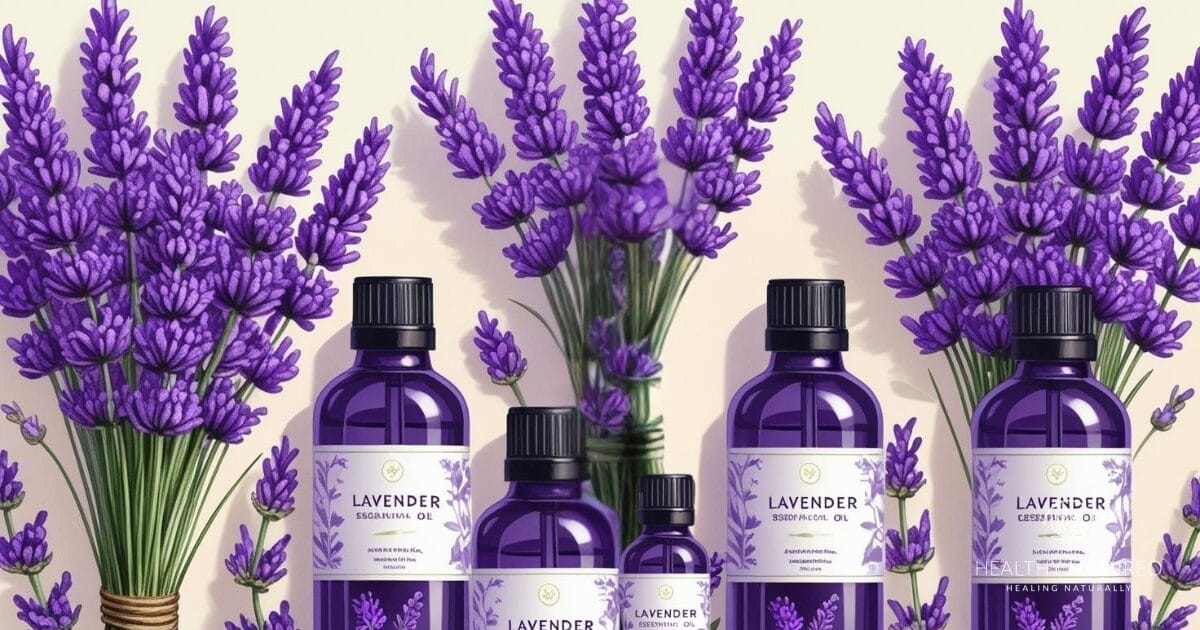
Helpful Resources and Next Steps for Aromatherapy Oils
For those beginning their journey into aromatherapy, building a kit of a few core oils—such as lavender, bergamot, and frankincense—can offer versatile therapeutic effects and make blending easier. Invest in quality diffusers and keep carrier oils like sweet almond oil or coconut oil on hand for topical applications. If you’d like help selecting specific oils or want in-depth guidance, consider consulting a certified aromatherapist or seeking recommendations from health professionals knowledgeable in holistic therapies and alternative medicine.
Explore trusted guides like Plant Therapy Essential Oils to learn more about brand selection and quality. Retailers such as R V Essential offer extensive options for both single oils and starter kits. Track your responses to different oil blends and aromas through journaling, noting changes in anxiety levels or emotional states using recognized scales like the State Anxiety Inventory. This self-awareness helps you refine your choices and maximize the calming properties of selected oils in your daily lives. By educating yourself on oil quality, safety, and blending techniques, you empower yourself to make aromatherapy a safe, effective, and enjoyable part of your natural stress management toolkit.
Conclusion
Managing anxiety and stress is more important than ever in today’s fast-paced world. Essential oils offer a natural, evidence-based way to support emotional well-being through aromatherapy’s profound influence on the mind and body.
By carefully selecting pure, high-quality oils and using safe application methods, you can create practical routines that enhance both immediate mood and long-term balance. While essential oils are not a replacement for professional care, they can be an empowering, holistic tool for everyday self-care.
Experiment with blends, stay mindful of safety, and consult with healthcare providers as needed. Start exploring the benefits of essential oils to discover what helps you find calm, clarity, and greater resilience in daily life.
FAQ
1. Which essential oil is best for anxiety and stress?
2. How should I use essential oils for anxiety relief?
3. Are essential oils safe for everyone?
4. Can essential oils replace other treatments for anxiety?
5. How do I know I’m buying quality essential oils?
References
- 1Physiological and Psychological Relaxation Effects of Fir Essential Oil on University Students
- 2The Effects of Essential Oils on the Nervous System: A Scoping Review
- 3The effect of aroma inhalation method on stress responses of nursing students
- 4Acute effects of bergamot oil on anxiety-related behaviour and corticosterone level in rat

